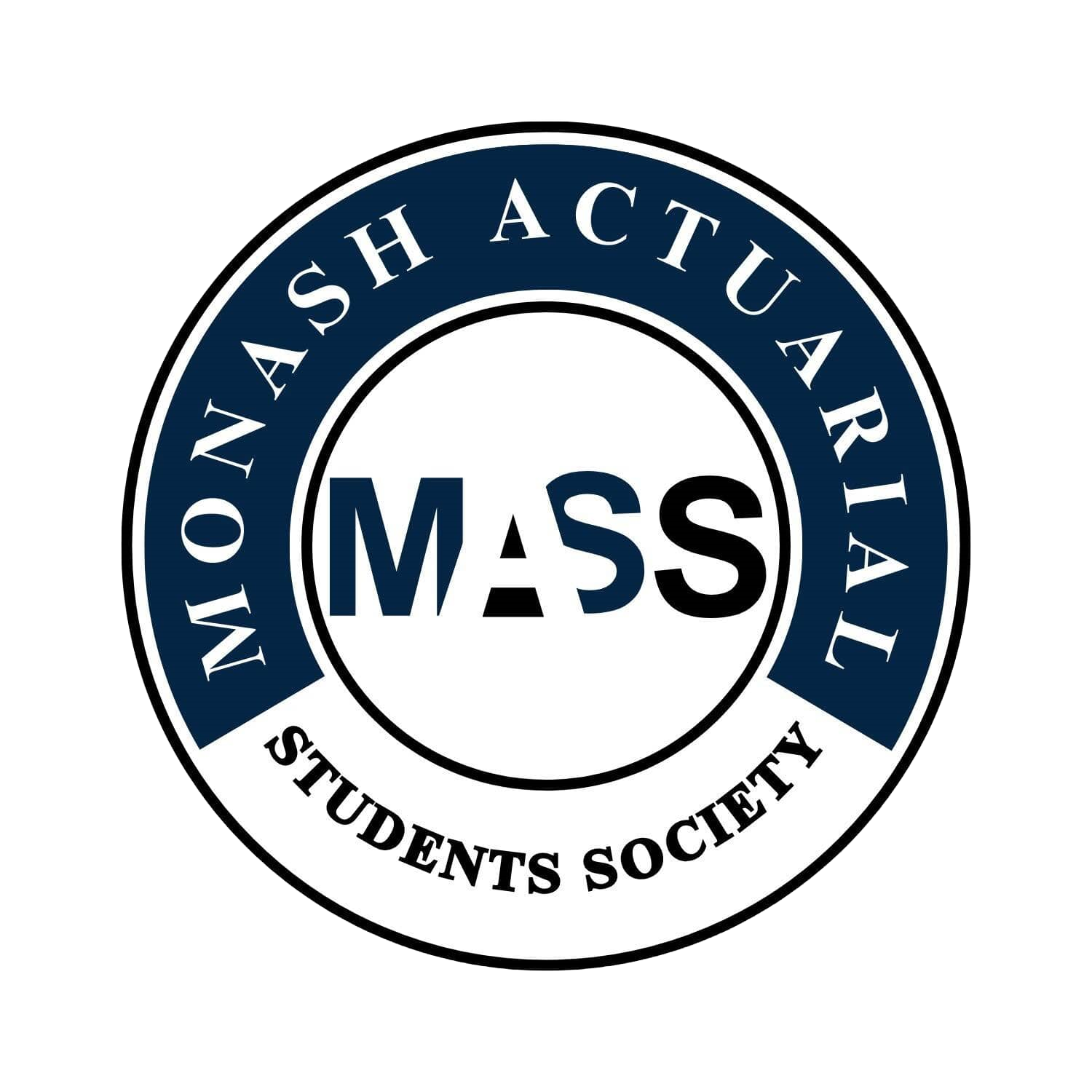ETC2420 / ETC5242 Statistical Thinking
Difficulty:
Year Completed: Semester 2, 2020
Prerequisite: ETC1000
(or ETB1100, or SCI1020, or ETW1001, or STA1010, or ETF1100, or FIT1006)
Exemption:
CS1 Actuarial Statistics
ETC1000 (25%), ETC2420 (25%), ETC2520 (35%), ETC3580 (15%)
CS2 Risk Modelling and Survival Analysis
ETC2420 (10%), ETC3420 (20%), ETC3430 (50%), ETC3550 (20%)
Weighted average of 70% required. Minimum of 60% required for each unit.
Mean Setu Score: 57.6%
Clarity of Learning Outcomes: 55.8%
Clarity of Assessments: 60%
Feedback: 54.8%
Resources: 52.4%
Engagement: 74.4%
Satisfaction: 47.4%
Subject Content:
Lecture(s) and Tutorial(s):
Textbook(s):
Assessments:
Unit topics included using R, randomization and simulation,
resampling techniques, maximum likelihood, discrete
probabilities, Bayesian statistics and linear regression models.
No lectures, only short weekly videos
1 x 2 hour workshop
The lecturer uploaded a free textbook to download, I found this
book to have some complicated concepts.
Weekly Pre-Workshop Quizzes
Workshop Activities
3 Group Assignments
Final Exam 45%
Comments
The content itself was interesting but was occasionally hard to
engage with. The content wasn't particularly challenging, however
there was a learning curve to R, especially if it was your first time
using it. The main challenge in this unit is getting used to the
medium and the way it is presented. Unlike most units, it actively
engages in flipped learning. In combination with the delays in the
year it certainly made this model harder to work with.
The weekly videos were good as they were short and to the
point. Lectures were not particularly riveting, I found however
paying attention to the slides actually quite useful and time
efficient There was a lab worksheet, and we were put in breakout
rooms to work on these individually and discuss as a team.
It was ideal to complete the pre-workshop tasks before the
workshop and complete the workshop task in the workshop or
soon after so the ideas/concepts were not forgotten. It was best to
attempt before hand, however with the materials sometimes
being posted after class had started, it certainly poses some
challenges
The exam was relatively straight forward compared to some of the
in-semester tasks. The group assignments were not overly big and
the pre-workshop quizzes were easy marks. In some instances it
felt the markers where very unforgiving. For example one
question in the assignment asked for an explanation for a
particular answer, the marking rubric demanded that a graph was
used as a part of the explanation (which was not implied by any
means) and I don't know of any Students who picked up on that
nuance, and hence lost marks.
This unit was very interesting. The unit isn't content challenging
but definitely needs motivation to power through. So staying on
top of the work is uber important
General Overview:
Lectures:
Tutorials:
Assessments/Other Assessments
Concluding Remarks

